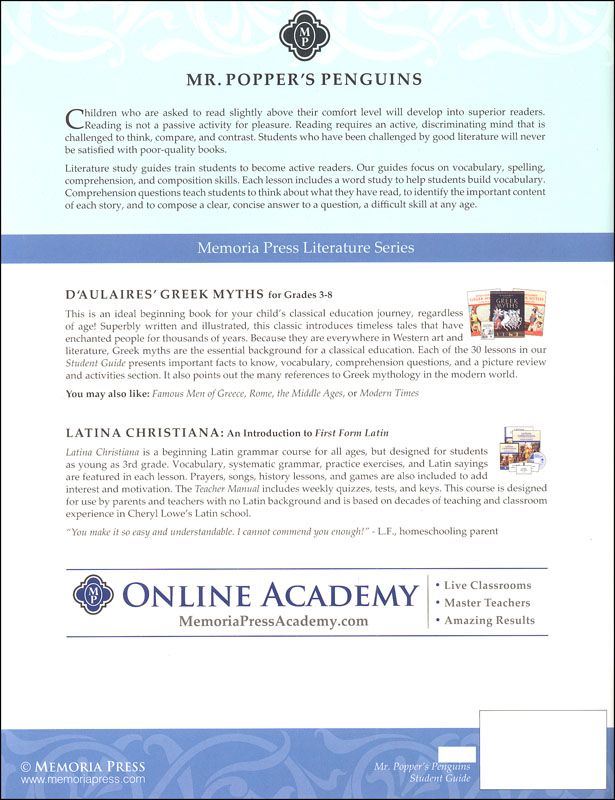

- Penguin quick guides business english phrases pdf plus#
- Penguin quick guides business english phrases pdf professional#
- Penguin quick guides business english phrases pdf free#
Through all types of printed and electronic media of these countries, English has become the leading language of international discourse and the lingua franca in many regions and professional contexts such as science, navigation and law. Modern English has spread around the world since the 17th century as a consequence of the worldwide influence of the British Empire and the United States of America. Modern English relies more on auxiliary verbs and word order for the expression of complex tenses, aspect and mood, as well as passive constructions, interrogatives and some negation.
Penguin quick guides business english phrases pdf free#
Modern English grammar is the result of a gradual change from a typical Indo-European dependent-marking pattern, with a rich inflectional morphology and relatively free word order, to a mostly analytic pattern with little inflection, and a fairly fixed subject–verb–object word order. This era notably culminated in the King James Bible and plays of William Shakespeare. Early Modern English began in the late 15th century with the start of the Great Vowel Shift and the Renaissance trend of borrowing further Latin and Greek words and roots into English, concurrent with the introduction of the printing press to London. Middle English began in the late 11th century after the Norman conquest of England, when considerable French (especially Old Norman) and Latin-derived vocabulary was incorporated into English over some three hundred years. The earliest forms of English, collectively known as Old English, evolved from a group of West Germanic ( Ingvaeonic) dialects brought to Great Britain by Anglo-Saxon settlers in the 5th century and further mutated by Norse-speaking Viking settlers starting in the 8th and 9th centuries. Speakers of English are called Anglophones.
Penguin quick guides business english phrases pdf plus#
English is genealogically West Germanic, closest related to the Low Saxon and Frisian languages however, its vocabulary is also distinctively influenced by dialects of French (about 29% of modern English words) and Latin (also about 29%), plus some grammar and a small amount of core vocabulary influenced by Old Norse (a North Germanic language). It is named after the Angles, one of the ancient Germanic peoples that migrated to the island of Great Britain. For an introductory guide on IPA symbols, see Help:IPA.Įnglish is a West Germanic language of the Indo-European language family, with its earliest forms spoken by the inhabitants of early medieval England.

Without proper rendering support, you may see question marks, boxes, or other symbols instead of Unicode characters. This article contains IPA phonetic symbols. Regions where English is official or widely spoken, but not as a primary native language


 0 kommentar(er)
0 kommentar(er)
